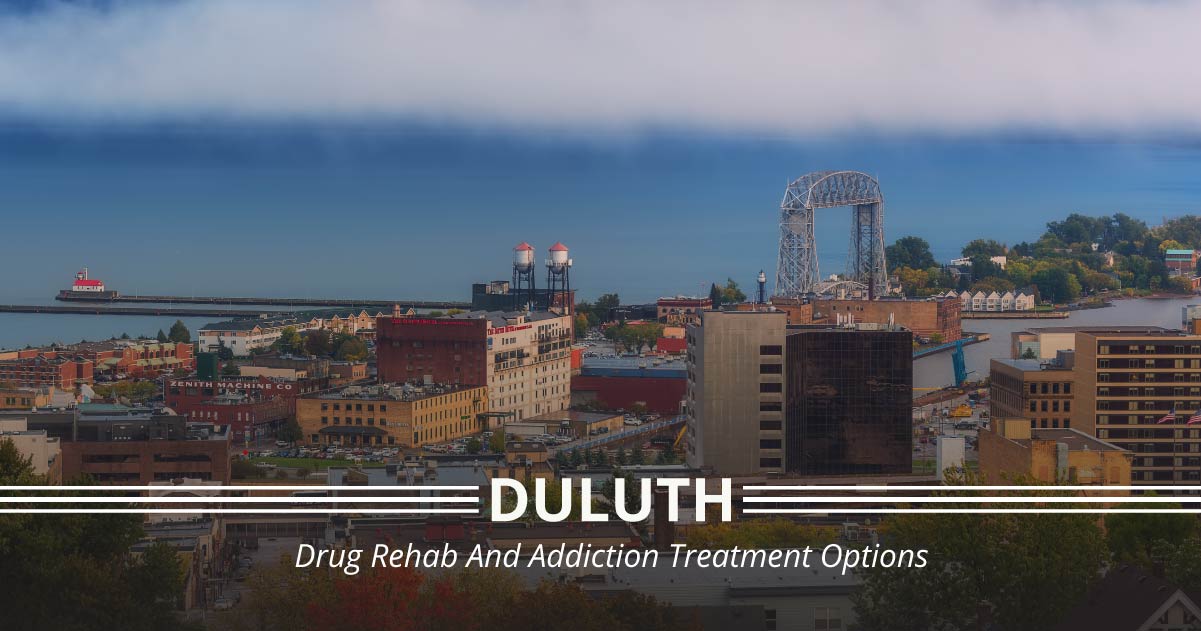Inpatient Gambling Treatment Minnesota
Outpatient Gambling Rehab and Treatment Programs. Outpatient gambling rehab and treatment programs can range from groups like Gamblers Anonymous to supervised group settings to continued individual therapy. Much of what can be done on an inpatient basis can also be done within an outpatient setting. Drug Rehabs in Minnesota by Service Setting. Hospital inpatient (4) Inpatient drug and alcohol treatment programs located within hospitals in Minnesota. Residential (122) Residential rehab provides 24-hour care in a setting where the focus is helping individuals achieve and maintain recovery from addiction. Outpatient (256) Outpatient programs can help those looking to recover from drugs.
- Project Turnabout
- See All Results For This Question
- Inpatient Gambling Treatment Minnesota
- Minnesota Gambling Treatment Centers - Gambling Treatment ...
Algamus is a gambling disorder rehab program that treats only gambling addiction. Our gambling-specific addiction treatment program allows patients to discover, experience, and practice important skills needed in order to achieve a successful recovery from their gambling addiction. Recovery from gambling addiction is possible but it requires an interdisciplinary approach. Each year the Minnesota Department of Human Services seeks qualified providers to provide treatment for problem gambling, including assessment, treatment, and recovery services to Minnesota residents who have problem gambling or a gambling disorder. Services may include counseling and service coordination to families and significant others. Treatment Facts. Minnesota ranks 5th in treatment centers servicing/accepting state Financed Insurance per 100,000 residents. Idaho is ranked one spot worse at spot 6. One spot better is Vermont, ranked 4 in the U.S. When adjusted for population, Minnesota ranks 7th in treatment centers servicing/accepting 12-step facilitation.
No matter who you are, if you have a gambling problem, there’s hope – and help.
Despite the fact that treatment works, nearly 90 percent of people diagnosed with a gambling disorder do not seek treatment.
National Center for Responsible Gaming, Top 10 Research Studies Impacting Gambling Disorders
Call now: 1-800-333-HOPE Text: HOPE to 61222 Click to Chat
What happens when I call?
When you call 1-800-333-HOPE, you’ll speak with an understanding, specially trained professional who is ready to answer your questions. He or she will connect you with the resources you’ll need to make a positive step forward.
What happens when I text?

When you text hope to 61222, you’ll receive a confidential message from an experienced professional inviting you to share your concerns or questions. They can offer you reliable assistance and guidance as you move forward.
Will they know my name?
All communications are completely confidential and non-judgmental. The person you’re speaking with will only know what you choose to share.
Is it expensive?
The call is free, and most treatment services you might pursue are also free of charge for qualifying individuals throughout Minnesota, or priced at a sliding scale against your income.
Project Turnabout
I’m not comfortable discussing my problems with a stranger.
It’s natural and understandable to hesitate to share deeply personal – and sometimes painful – issues with someone outside your circle of relationships. But it can also be necessary to get the help you need. You’ll be speaking with someone in confidence who does not know you, will not judge you, and is there to help.
The more you gamble, the more you lose. Here’s why.

See All Results For This Question
Casinos and other gambling games have built-in mathematical advantages to ensure that they will make money. Casino games and devices are based on random events or random number generators. Streaks and patterns are entirely random, and the next event is unpredictable and independent of previous events. Yet over the course of play, even these random outcomes are tipped to the casino’s favor.
Some gamblers begin to have an illusion that their lucky shirt or pushing a button a certain way gives them control, but the games are operated by random devices or cards.
The belief in “winning streaks,” “losing streaks” and “near-misses” is common but in reality, these patterns don’t exist. The next spin, hand, or drawing is random and unconnected to the last – and the casino always has the advantage.
In fact, there is a name for this misconception: the gambler’s fallacy. The gambler’s fallacy is the belief that if something has not happened for a long time, it is bound to happen. Just because a flipped coin lands on heads nine times in a row, it doesn’t mean that it is more likely to land on tails– the chance is still 50/50.
For free, confidential assistance, call 1-800-333-HOPE or text HOPE to 61222.
How to avoid the temptation to gamble
For some, a support group can be a tremendous help. You can find a Gamblers Anonymous support group online.
Set goals and set yourself up for success. Create short- and long-term goals to help you focus on recovery. Avoid high-risk situations, such as meeting at gambling venues or carrying around large amounts of money.
Inpatient Gambling Treatment Minnesota
Face your feelings and talk about them. Speak openly with someone you trust to reduce stress and acknowledge your feelings without blame or judgment.
Focus on the positives and find healthy alternatives. Acknowledge your achievements and find healthy new hobbies or activities to reduce the temptation to gamble.
Minnesota Gambling Treatment Centers - Gambling Treatment ...
Realize lapses may happen. Many people experience lapses, but that doesn’t mean you have failed in recovery. Learn from your lapses to see how you can identify triggers and avoid future lapses in recovery.